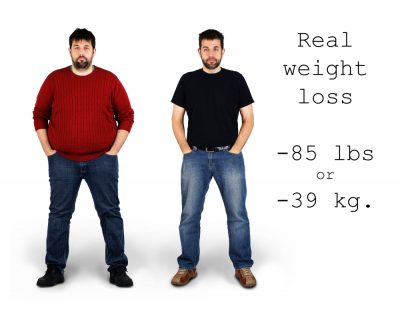Intermittent fasting (IF) is now one of the most popular methods and practice for weight loss, improving health, and maintaining a good lifestyle. Through research, it has been said to effectively improve body and brain functions as well as even have aid life longevity.
Intermittent fasting generally is an eating pattern that involves fasting in between periods of eating. The common method of intermittent fasting involves not eating (fasting) for 16 hours out of the 24 hours of the day about 2 times a week. Fasting is a practice humans evolved and learned to adapt to and effectively function even in the absence of food.
Fasting is also a means of expressing spiritual beliefs and methods.
Intermittent fasting is practiced most commonly for the reason for weight loss. It aids weight loss by altering certain hormone levels that are fat burning.
METHODS OF INTERMITTENT FASTING
There are various methods of intermittent, and you can always develop your method that is comfortable and effective for achieving your set goal. While carrying out a fast you can eat very little or nothing at all. Eventually, your calorie consumption will be reduced and lead to healthy weight loss as far as you aren’t overfeeding yourself within eating hours to prevent hunger. Some of the already popular methods of intermittent fasting include;
- The 24-hour method; is also referred to as the “eat-stop-eat” method. It is practiced only twice a week and involves eating meals at the same time only for two consecutive days. For instance, eating only breakfast today and fasting the rest of the day until breakfast for the next day.
- The lean gains protocol; this method is also referred to as the 16/8 method. It involves skipping meals from breakfast time and eating only 8 hours out of 24hours, which means fasting for 16 hours. An example is eating in controlled portions only with the hours of 1-9 pm. This is regarded as the simplest, most sustainable, and popular, easiest method of fasting to adapt to.
- The 5/2 method; this method involves monitoring your calorie consumption to not exceed 600 calories in total on two random days of the week, not consecutively.
HOW IT AFFECTS YOUR CELLS AND HORMONES
Several changes and activities in the body system change when you begin fasting. These include;
- Cell repairs; During the period
 of fasting, your cells begin automatic repair processes. These include the removal of damaged cells or old protein build up within the cells.
of fasting, your cells begin automatic repair processes. These include the removal of damaged cells or old protein build up within the cells. - Human growth hormone; intermittent fasting increases your HGH levels, which burns fats and reduces hormones.
- Genetic changes; occur in the gene functions that are linked to life longevity and health threats.
- Insulin; insulin levels drop during the fasting periods, which helps fat burning hormones to locate stored fat in the body.
All these changes are what result in the number of benefits derived from intermittent fasting.
HEALTH BENEFITS O F INTERMITTENT FASTING
F INTERMITTENT FASTING
- Weight loss; this is one of the major benefits of intermittent fasting, which is the most powerful method of losing weight.
- Anti-aging; fasting extends life span and because of the health benefits, it keeps you looking younger.
- Heart; intermittent fasting benefits the heart in so many ways, from reducing blood pressure and LDL levels which is bad cholesterol, reducing blood sugar, in all protecting the heart from diseases.
- The brain; this fasting improves brain functions and hormone productions. It also prevents brain health complications.
- Insulin; intermittent fasting is known to protect the body against type 2 diabetes by reducing the insulin resistance in the body, which simultaneously lowers the sugar content in the blood.
And so many more.
SAFETY TIPS AND POSSIBLE EFFECTS
Intermittent fasting cannot be done by every person. It may be due to certain medical conditions or age or under-weight, diabetes, low blood pressure, etc. In which case the person is required to eat regularly, then fasting will be a harmful choice. Do consult your doctor before attempting an intermittent fast.
An obvious effect of intermittent fasting will be hunger. Weakness and not being as active as you would usually, is another side effect in the beginner stage, after regular repetitions of this practice, your body will learn to adjust.
Drinking non-alcoholic and low-calorie drinks are allowed during the fast. Examples are coffee, teas, and most importantly water. You need to stay hydrated.
Consumption of supplements during fast varies due to the fact that some supplements work well with food.
.








COMMENTS